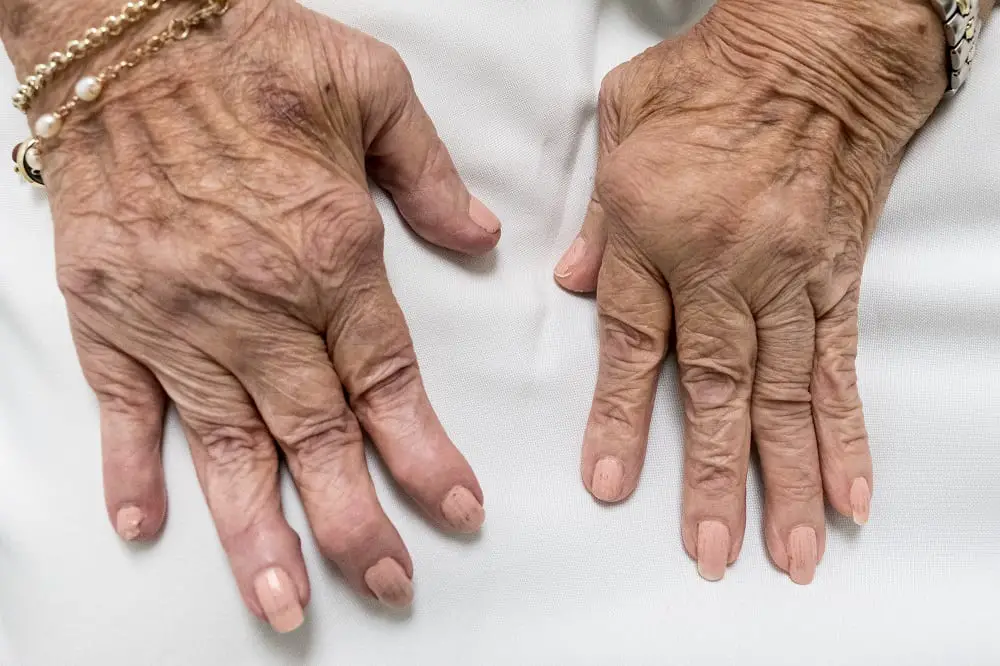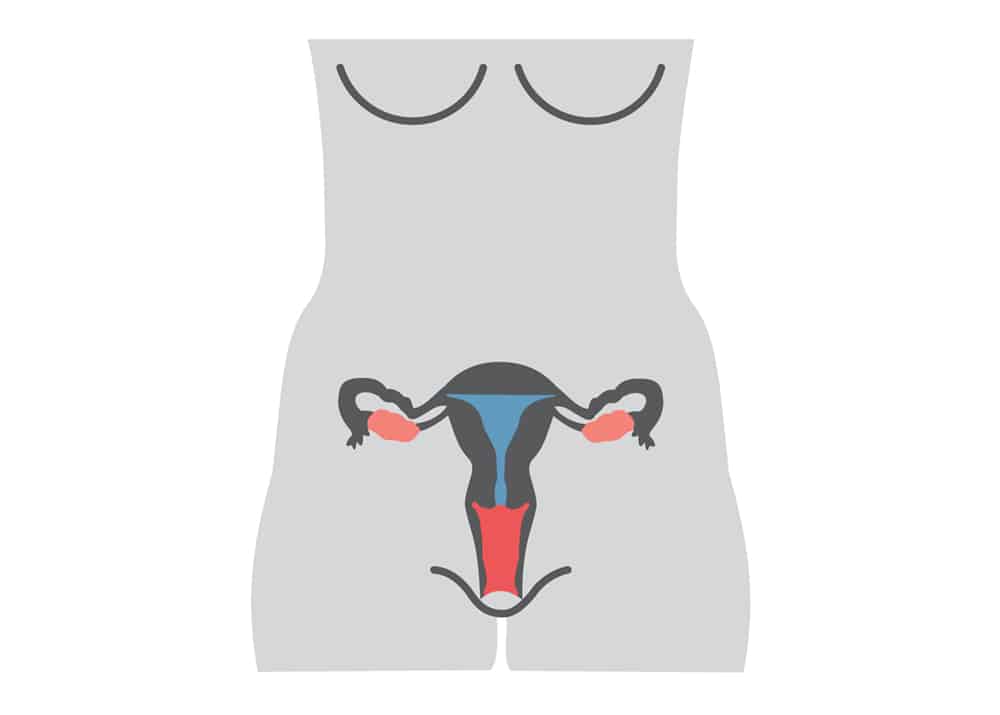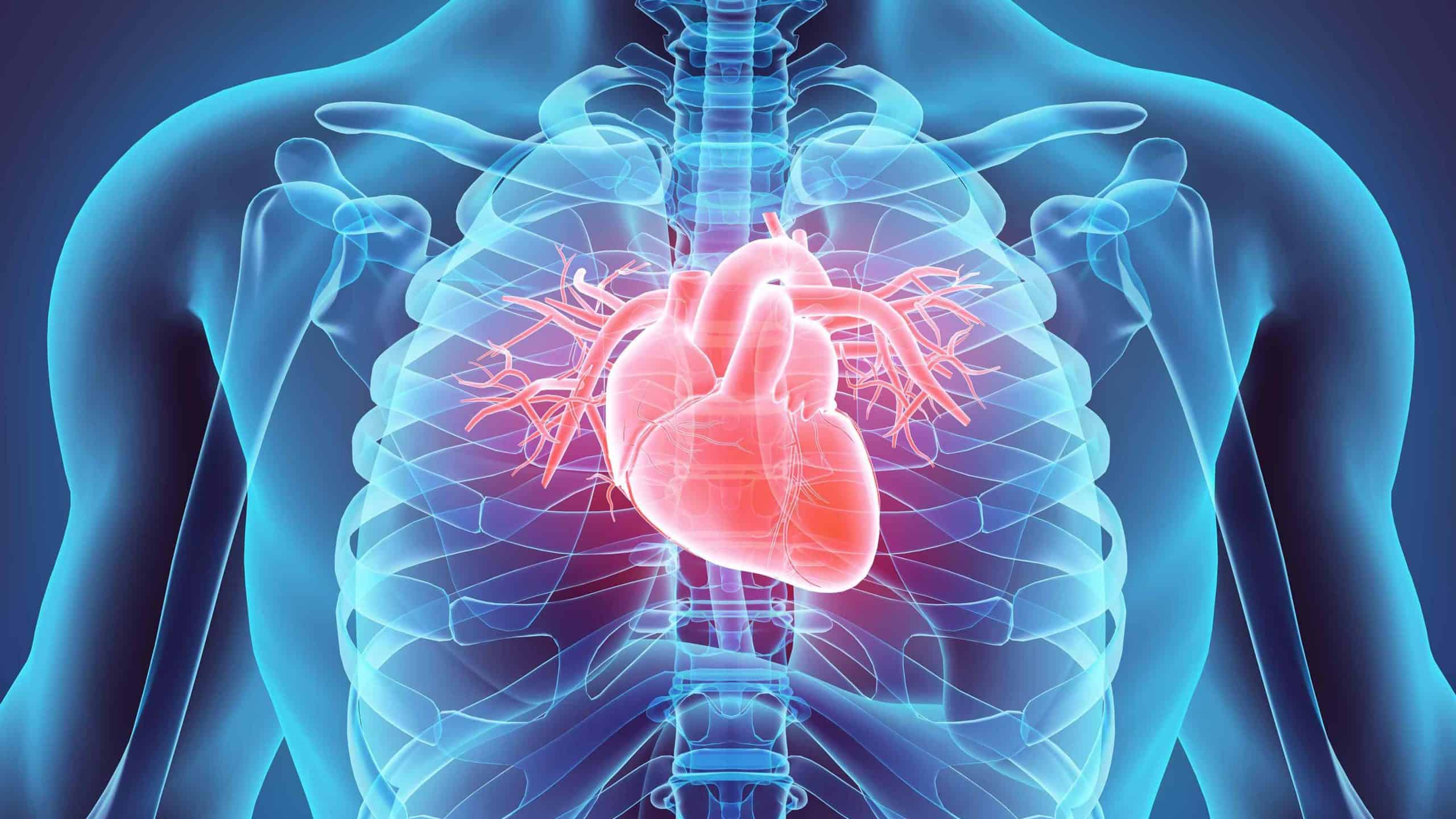Not only is our appearance defined by our genes, but our personality and our body weaknesses also. For instance, anxiety, insomnia and depression, may be caused by genetic predisposition and not by extreme stress or exhaustion.
Let us talk about genetic disorders that a mother can pass to her daughter. This would also give you a warning on how to pay attention to your health should something happen to your health.
Premature ageing

It’s been discovered by scientists that specific genes are responsible for how long our body can fight the process of ageing. These genes are passed from a generation to another on the mother’s side. If let’s say, your mother’s damaged DNA was inherited by you; and you inevitably begin to age faster.
Unfortunately, we are yet to discover how to reverse this process. Nonetheless, you could try using sunscreen high in “Sun Protection Factor” because sensitivity to sunlight can also be an inherited feature.
Depression

Depression is one of the leading cases of mental issues, and over 300 million people suffer every year. Scientists have been able to discover a gene referred to as S1c6a15 and is responsible for depression.
This gene, as seen, can also be inherited from mother to daughter. In fact, women are two times more affected by depression than more, and it can even develop into a chronic disease.
A typical example is a postpartum depression in women, and it can also be inherited. In order to prevent this from happening, you would have to take proper care of physical state: by sleeping well, eating well and engage in constant physical exercise.
Try not to hold in whatever is bothering you; find someone to talk to. It could be a friend, family or even a professional.
Rheumatoid arthritis

It’s not completely clear what causes rheumatoid arthritis. Nonetheless, scientists suggest that it includes the combination of environmental and genetic factors which affects the immune system.
To prevent this from happening, it is advised that you quit smoking, reduce your intake of red meat and coffee. Give proper care to your teeth and gums; this would also include constant visits to the dentist.
Rheumatoid arthritis can be caused as a result of periodontal disease. You can also add foods rich in vitamin C to your diet. This is to allow the antioxidants in it to reduce the chances of inflammation in the body.
Osteoporosis

This is a disease that is characterised by an increased weakness in the bones, hence, increasing the risk of broken bones. Women are commonly affected by osteoporosis, and it happens that genetic predisposition is one of the most obvious risk factors involved.
Osteoporosis can be manifested just after a woman reaches menopause. This period causes the bones to be fragile due to loss of calcium.
In order to prevent this, you need to adopt meals rich in calcium, and you can only get this from food combined with vitamin D. Consult with your doctor to prescribe you the necessary vitamin supplements.
It is also advised to watch your weight and engage in exercises regularly; you could try outdoor walks, swimming and jogging if possible. At least 150 minutes of regular aerobic activities are recommended for people between the ages of 19 and 64. Exercises that focus on the back, hips, chest, legs, arms and shoulders are very important.
Desist from smoking; doing this reduces your body’s capability to absorb calcium and influences the density of you bone minerals. Don’t consume soda. Consistent consumption of soda has been linked with a significant 14% increase risk of hip fracture.
Glaucoma
Glaucoma is an eye defect or disorder that affects the optic nerve and if left unattended, can damage the optic disc causing blindness, and women are even more affected than men. It is also discovered that glaucoma is a genetic mutations and can be inherited.
To prevent glaucoma, you would have to visit an ophthalmologist every 2 to 4 years before you reach the age of 40, maintain the visit every 1 to 3 years from age 40 to 54, 1 to 2 years from age 55 to 64, and every 6 to 12 months after the age of 65.
You’d also have to regularly engage in physical but moderate exercise like jogging or walking for 3 or more times a week. Yoga is also a good exercise but endeavours not to try positions that cause you to be upside down. This can strain the neck and shoulders and do more harm than good.
Ovarian and breast

To those who have seen “Tomb Raider”, the movie, featuring Angelina Jolie. She, in 2013, underwent a preventive double mastectomy, and then two years later, she had her ovaries removed after her annual test results showed possible signs of ovarian cancer. She had to do this to minimise her chances of cancer her grandmother and her mother had previously died of.
Angelina has a defective BRCA1 gene that increases the probability of having ovarian and breast cancer significantly. However, scientists reported that not all gene mutations could cause cancer, so one doesn’t have to rush into undertaking such severe preventive measures (oophorectomy).
To reduce the risk of cancer, I’d strongly advice you minimise alcohol consumption, eat healthily, quit smoking if at all you do and go for regular check-ups. It is also essential to have your kids before the age of 30 to reduce the risk of breast cancer.
Cardiovascular diseases

Fat deposition in the body of a woman is genetically defined, so if there is more concentration of fat around the belly area, then there is a higher risk of cardiovascular diseases. Too much cholesterol in the bloodstream that is stored in the coronary arteries causing a heart attack can also be inherited.
Nonetheless, this can be prevented regular exercise to help curb the increase in getting overweight, as being overweight increases the chances of developing a heart attack, high blood pressure, an apoplectic stroke, and diabetes. Work on your diet by reducing your salt intake. Also, watch the sweet and fatty foods you consume, and I’d recommend you eat more fruits, whole grains and vegetables.
You should also quit smoking and drinking. Go for regular check-ups and keep an eye on the levels of your arterial pressure and cholesterol.
Insomnia
Insomnia is characterized as the inability to get proper sleep and scientists discovered that it can be as a result of not only psychological factors but also by genetic ones.
A strong genetic overlap was also discovered and it is linked with other traits such as anxiety disorders, neuroticism and depression. These factors tend to go side by side with insomnia and this is as a result of a shared genetic basis.
In order to prevent insomnia, you shouldn’t go to bed with negative thoughts, try as much as possible to go to bed with something positive to think about. You could try listening to nice and motivating quiet songs. Avoid drinking coffee and caffeinated drinks. Avoid smoking, drinking too much, having heavy meals before bedtime.
You should also keep all physical activities on the minimal before sleeping. It is also best to keep all forms of distractions away, such as phones and computers. Also, be in the habit of going to bed at the same time every day; let’s say 8 or 9 pm.
Migraines
Women are likely to suffer from a migraine three times more than men and this condition can be passed genetically down from mother to daughter too but it is possible to reduce the effect of migraine attacks to the minimal.
Preventive measures would include a reduction in alcohol consumption, chocolate, coffee, cheese and citrus; all these can trigger a migraine. Drink lots of water, get enough rest and avoid places with bright lights and strong smells.
Alzheimer’s disease

The most common forms of dementia is known as Alzheimer’s disease, and it is mostly common in women than men. There’s still no cure for the disease but if you follow a healthy lifestyle, you can reduce the risks of it.
Preventive measures would include quitting smoke as smoke increases the chances of developing dementia. Watch your blood pressure and cholesterol level.
Exercise more; keeping the brain active through exercise is one of the most efficient ways of increasing the brain tissue oxygen saturated. Limit your intake of saturated fats and sugar; opt for more vegetables and fruits in your diet.
Have you had any experiences with hereditary health issues? How have you been able to manage them? Please leave your opinions in the comments below.














